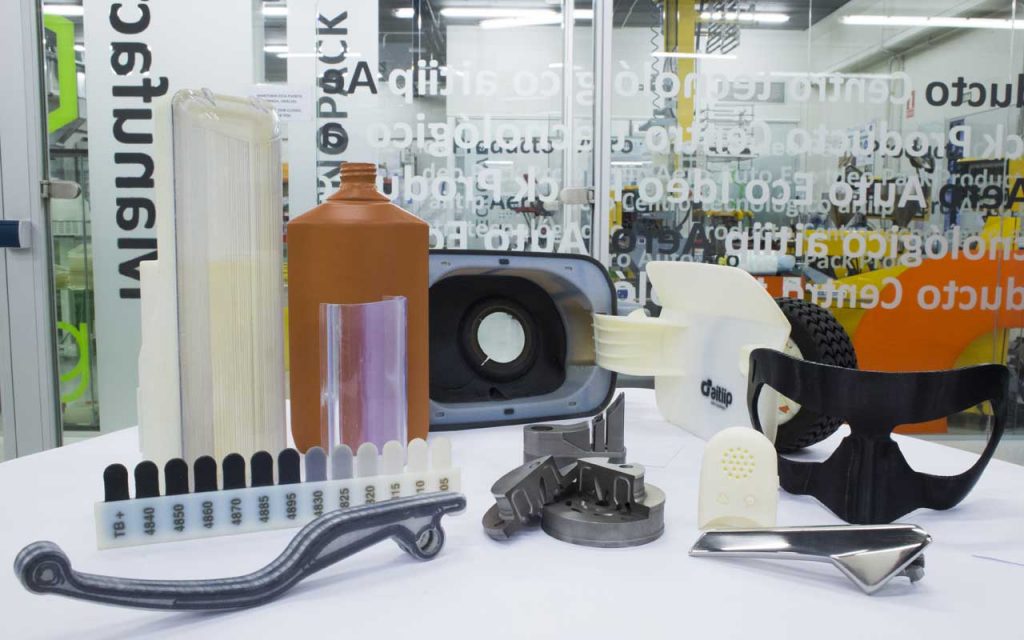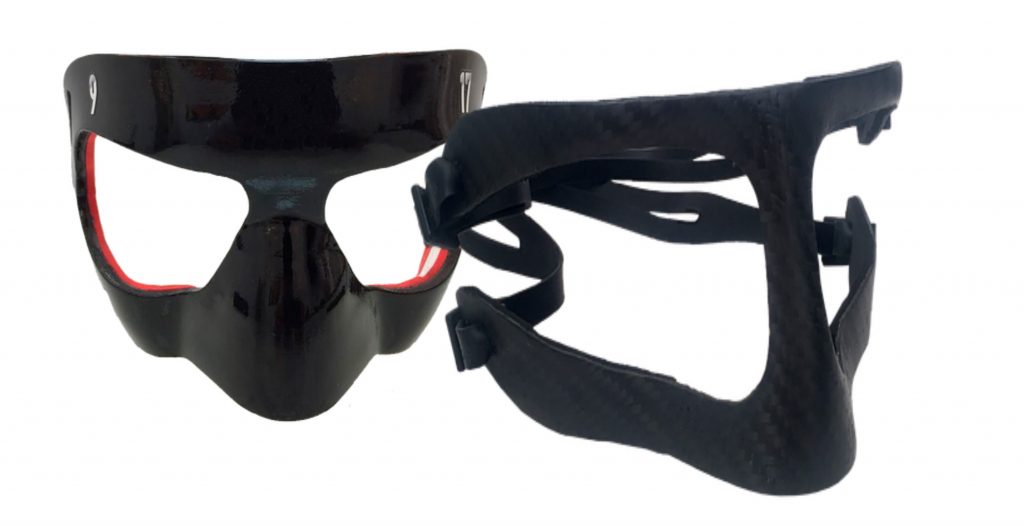After sustaining a broken nose, Real Madrid and Spain football player Sergio Ramos is now wearing a protective 3D printed carbon fiber face mask on the pitch.
The carbon fiber mask was created by Younext, a subsidiary of the sports company Podoactivia, which scanned, edited and then 3D printed the personalised face mask for the Spanish athlete.

Injury time
Although Ramos could have decided to undergo an operation on his broken nose, received as a result of a kick to the face, this would have led to a loss of training time while the operation and recovery took place.
Instead, Zaragoza-based Younext was called upon to provide a face mask to shield the footballer’s nose while healing. Younext states that its masks are created with a “high end 3D printing process with materials used in the aeronautical industry.”
The process begins with a 3D face scan. Avoiding the use of plaster molds and thermoforming improves adaptation of the mask to facial contours, preventing sliding or loss of peripheral vision. The face masks are built and customised by Younext’s in-house technicians, who ensure that injuries are appropriately protected in case of impact.

Converted Chances
The masks are then 3D printed with carbon fiber or the company’s own “Dynamic Podoactiva” material at the AITIIP Technology Centre in Zaragoza, an R&D centre which has also been involved in recycled filament and 3D printed vehicle production.
After 3D printing, the mask is machined for precision with rubber rests added through thermo-forming. Finally, the mask is customised for the athlete. The finished product may be as light as 60 grams and costs approximately €300 (under $360).

Full time
Ramos is the latest in a number of professional football players to have used this technology while recovering from injuries. Similar protective masks have been made for footballers Gregory Krychowiak, José María Giménez and Stefan Savic.
Sebastián Soria, who plays for Al-Rayyan Qatar, had a face mask made remotely using a compilation of 50 photos of his face. This allowed Soria to continue training as normal in Qatar, while the face-mask was rapidly designed and built in Spain.

For more on 3D printing in sports and injury treatments, subscribe to our free 3D Printing Industry newsletter, follow us on Twitter, and like us on Facebook.
Featured image shows Sergio Ramos (R) wearing his mask during training. Photo via “Sergio Ramos Oficial” on Facebook.

